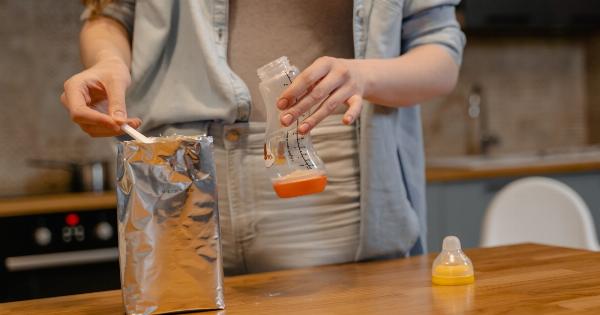Stress can often feel like an unwelcome visitor that never knows when to leave. Whether it’s work-related pressure, financial woes, or personal conflicts, we all experience stress at some point in our lives.
But when stress becomes chronic and unmanageable, it can wreak havoc on our physical, emotional, and psychological well-being.
Fortunately, there are plenty of effective stress-busting techniques that can help you find relief and restore your sense of equilibrium.
From mindfulness meditation to yoga, exercise, socializing and more, there’s a myriad of strategies that can combat stress and reveal a calmer, happier, and healthier you.
Meditation and Mindfulness
Mindfulness meditation is an ancient technique that has been used to cope with stress, anxiety, and depression. With just a few minutes of focused breathing and relaxation each day, you can learn to quiet your racing thoughts and ease your mind.
Here’s how:.
- Find a quiet, calm spot where you won’t be disturbed.
- Get into a comfortable seated position and close your eyes.
- Breathe deeply and slowly, focusing on your breath and how it feels in your body.
- Observe your thoughts without judgment, and let them pass by like clouds in the sky.
- Stay present and focused on your breath, and return to it whenever your mind wanders.
Even a few minutes of mindfulness meditation can help calm your mind and reduce stress in your life.
Yoga
Yoga is a form of exercise that combines physical movement with breath control and relaxation techniques. It’s an excellent way to reduce stress and anxiety, increase flexibility and strength, and improve your overall health and well-being.
Some popular yoga poses that can help you beat stress include:.
- Downward Dog
- Child’s Pose
- Tree Pose
- Cobra Pose
- Warrior I Pose
Try practicing yoga for at least 15-30 minutes a day, and you’ll soon discover the many benefits it has to offer.
Getting Active
Physical exercise is one of the most effective stress-busters around.
Whether you’re going for a walk, jogging, cycling, or engaging in other physical activities, exercise increases the production of endorphins in the brain, which helps boost your mood and alleviate stress. Here’s how you can start incorporating physical activity into your daily routine:.
- Find an activity that you enjoy, and make it a habit to do it daily
- Join a gym, running club, or sports team
- Set realistic goals for yourself and track your progress
- Break up your activity into smaller chunks throughout the day
- Explore new ways to stay active, such as dancing, hiking, or taking a fitness class
By making exercise a priority in your life, you’ll find that you’re less prone to stress and more eager to take on challenges.
Social Support System
Having a social support system is critical in dealing with stress.
Whether it’s talking to a friend, family member, or mental health professional, having someone to confide in can help you process your thoughts and feelings and gain a new perspective on your situation. Here are some tips for building a strong social support system:.
- Join a support group
- Maintain a close relationship with family and friends
- Connect with others who share similar interests
- Volunteer your time to a worthy cause
- Engage in activities that foster teamwork and collaboration, such as sports or group projects
By connecting with others, you’ll find that you feel less isolated and more supported in your day-to-day life.
Dietary Changes
How you fuel your body can also impact your ability to cope with stress.
Eating a well-balanced diet that’s rich in whole foods can help regulate your mood and energy levels, reduce inflammation, and prevent chronic health conditions that can exacerbate stress. Here are some dietary changes you can make to improve your overall health and well-being:.
- Incorporate more fruits and vegetables into your diet
- Choose lean protein sources, such as fish, chicken, or tofu
- Limit your intake of processed foods, sugar, and caffeine
- Drink plenty of water throughout the day
- Reduce your alcohol intake
By making small but positive changes to your diet, you’ll feel more energized, focused, and better equipped to handle stress in your life.
Self-Care and Relaxation Techniques
Finally, incorporating regular self-care and relaxation techniques into your daily routine can help you manage stress and promote a greater sense of well-being.
Self-care is all about taking time to prioritize your own needs and give your body and mind the rest and recuperation it deserves. Here are some relaxing activities you can try:.
- Create a relaxing environment with candles or incense
- Take a warm bath or shower
- Journal your thoughts and feelings
- Listen to calming music or sounds
- Read a book or watch a movie
By taking care of yourself and finding ways to unwind, you’ll be better prepared to tackle stress and its many challenges.
The Bottom Line
Stress is a natural part of life. But how you respond to it can make all the difference in your health and well-being.
By incorporating these stress-busting strategies into your daily routine, you’ll be able to cultivate a greater sense of calm, balance, and resilience that will serve you well throughout your life.





























